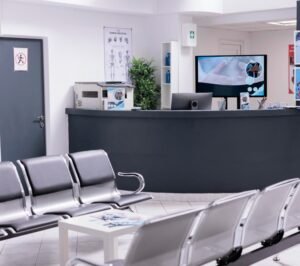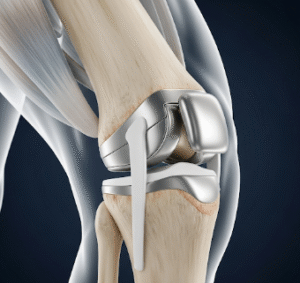Overview
Myelitis is an inflammation of the spinal cord that can disrupt nerve signals, causing weakness, sensory changes, and sometimes paralysis. In Korea, cases of myelitis are managed through advanced diagnostic techniques and multidisciplinary care. Leading hospitals such as Seoul National University Hospital, Asan Medical Center, and Samsung Medical Center offer specialized neurology services, immunotherapy, and rehabilitation programs to manage symptoms and prevent long-term complications.
What is Myelitis?
Myelitis refers to inflammation of the spinal cord, which may be caused by infections, autoimmune disorders, or other underlying conditions. Depending on the cause and severity, myelitis can affect motor, sensory, and autonomic functions. Common forms include transverse myelitis, neuromyelitis optica spectrum disorder (NMOSD), and post-infectious or vaccine-associated myelitis. It can affect individuals of any age.
Symptoms
- Weakness or paralysis in arms and/or legs
- Sensory disturbances (numbness, tingling, burning sensations)
- Pain in the back or limbs
- Bladder or bowel dysfunction
- Muscle spasms or stiffness
- Fatigue and general malaise
- Fever or flu-like symptoms in infectious cases
Causes
- Autoimmune disorders, such as multiple sclerosis or NMOSD
- Viral or bacterial infections (e.g., herpes, influenza, or enteroviruses)
- Post-vaccination reactions (rare)
- Other inflammatory conditions or spinal cord injury
Risk Factors
- Recent viral or bacterial infection
- Autoimmune disease history
- Vaccination within preceding weeks (rare trigger)
- Age between 10–19 or 30–50 years (common onset ranges)
- Genetic predisposition in some autoimmune cases
Complications
- Permanent paralysis or weakness
- Chronic pain or spasticity
- Bladder and bowel dysfunction
- Respiratory difficulties if upper spinal cord is affected
- Secondary complications from immobility, such as pressure sores
- Emotional and psychological distress
Prevention
- Early treatment of infections
- Prompt evaluation of neurological symptoms
- Vaccination according to national guidelines while monitoring for adverse effects
- Regular monitoring in patients with autoimmune disorders
- Maintaining overall health and immune system support
Treatment Options in Korea
Korean hospitals provide a multidisciplinary approach for managing myelitis, from acute treatment to rehabilitation.
- Diagnosis
- MRI of the spinal cord to detect inflammation
- Lumbar puncture to analyze cerebrospinal fluid
- Blood tests for autoimmune markers and infections
- Neurological and functional assessments
- Medical Treatments
- Corticosteroids to reduce spinal cord inflammation
- Plasma exchange (plasmapheresis) for severe or refractory cases
- Intravenous immunoglobulin (IVIG) for autoimmune-related myelitis
- Antibiotics or antivirals if infection is identified
- Rehabilitation & Supportive Care
- Physical therapy to improve mobility and strength
- Occupational therapy for daily activities
- Pain management and spasticity control
- Assistive devices such as wheelchairs or braces
- Specialized Hospitals in Korea
- Seoul National University Hospital – Advanced neurology and immunology care
- Asan Medical Center – Multidisciplinary management including neurorehabilitation
- Samsung Medical Center – Comprehensive evaluation and therapy for severe or complex cases
- Yonsei Severance Hospital – Long-term monitoring and support programs
- Long-Term Follow-Up
- Regular neurological assessments to monitor recovery
- Ongoing physical and occupational therapy
- Psychological support for patients and families
- Monitoring for recurrence in autoimmune-related myelitis













